The Evolution of Sleep
I asked my girlfriend for the next topic I should write about and she said: " Write about sleep, because you always work and never sleep ". So here we are. It took me forever to finalize a post because while researching for this topic I got sucked in many different rabbit holes (and I got curious about other things). Plus I took the time to create images related to the text using AI and I've also edited a video version for this post. There are some artifacts in the images and the synthetic voice had some audio issues so it's far from perfect but this is the best I could do with the time I had. Anyway, it was fun to learn new things. Also, because I take this as an exercise to improve my writing, I edited the text using grammarly and paperpal.
Introduction
Imagine if we did not need to sleep every day. We could get so much more done each day! But every living thing, from tiny fruit flies to humans, needs sleep. Sleep happens in all species in the animal kingdom and beyond. There must be good reasons we all sleep. Our bodies and minds must need it. Let's find out why.
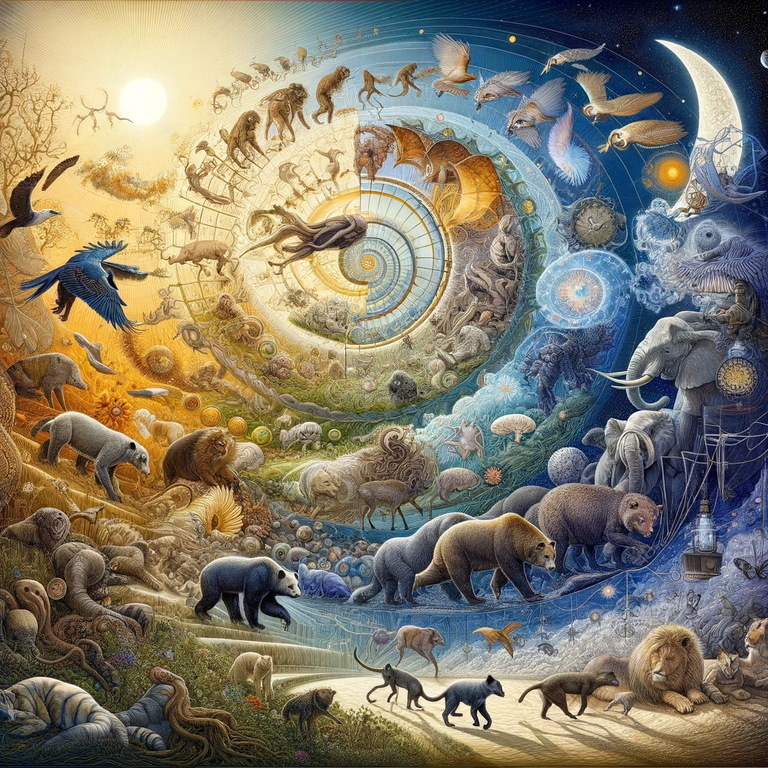
The Evolutionary Beginnings of Sleep in Single-Celled Organisms
The path of sleep starts with unicellular organisms. Unlike what some think, sleep isn't just for complex creatures. These basic life forms slow down too, showing sleep's deep history. Early rest was likely a way to save energy and repair cells (or cellular compartments in the case of unicellular organisms), preparing for more advanced sleep later. In other words, sleep is something that we humans and even the simplest life forms have in common.
Here there is the video version of this post:
Exploring the Evolution and Variety of Sleep in Multicellular Organisms
Over time, as simple cells joined to create complex beings, the way creatures rested changed a lot. Small animals like worms and bugs started setting aside time just for relaxing, which helped them in two big ways: it saved energy and kept them safe from danger. This change was a huge step in evolution because rest became a key way more advanced species could survive. As sleep developed differently in early multicelled creatures, we can understand how it adjusted to suit different places and the needs of each kind of being. Just as life exploded with many new forms during the Cambrian, sleep habits diversified too. This shows just how important sleep was for organisms to adapt to changing homes over generations.
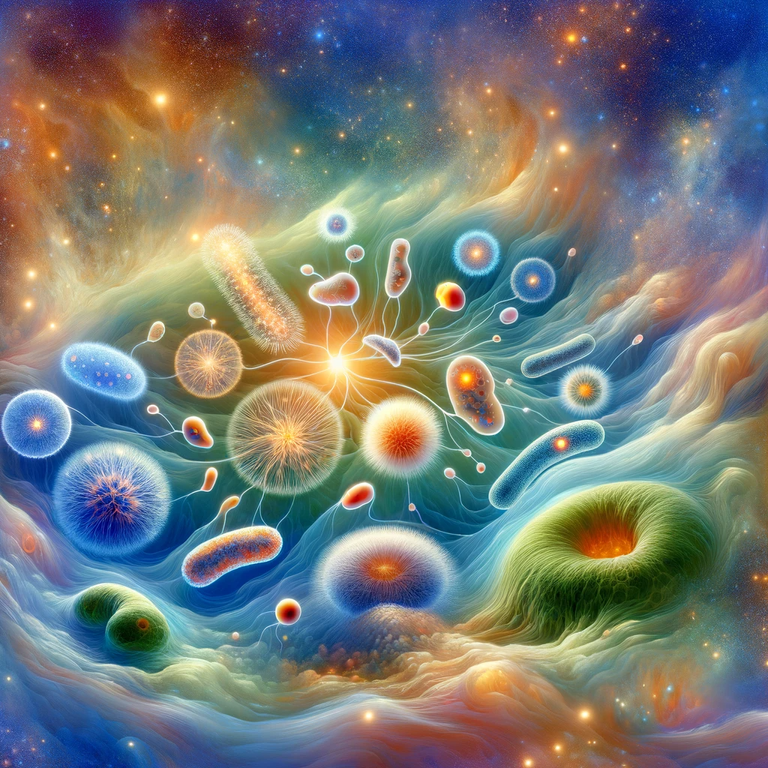
Comparative Analysis of REM and NREM Sleep in Avians and Mammals
Sleep evolved in fascinating ways. Birds and mammals developed two new sleep stages, REM and NREM sleep. REM sleep happens when your brain is very active, and you dream. It helps you remember things and grow your brain. NREM sleep is different. During NREM sleep, your body rests and heals itself. Having both REM and NREM sleep shows sleep got more advanced. Mammals and birds have complex brains and need different kinds of sleep to function properly. Developing separate sleep states was a big step that let sleep do more jobs.
Intricate Sleep Patterns in Advanced Mammals
Sleep plays an important role in keeping mammals healthy, especially people. Our sleep has different stages, and each helps us in its own way. During these stages, like Rapid Eye Movement (REM) sleep and Non-REM (NREM) sleep, our bodies and brains do important work. In REM sleep, we sort through feelings, solidify what we learned, and make learning easier. On the other hand, NREM sleep is great for fixing our bodies and staying well. This complicated sleep setup, more noticeable in people and other big-brained mammals, shows how we evolved. The complex patterns we have when sleeping aren't just extras but things we truly need. It helps our advanced thinking skills and ensures our bodies work together nicely. This design highlights how well sleep evolved to fulfill our challenging biological and mental needs.
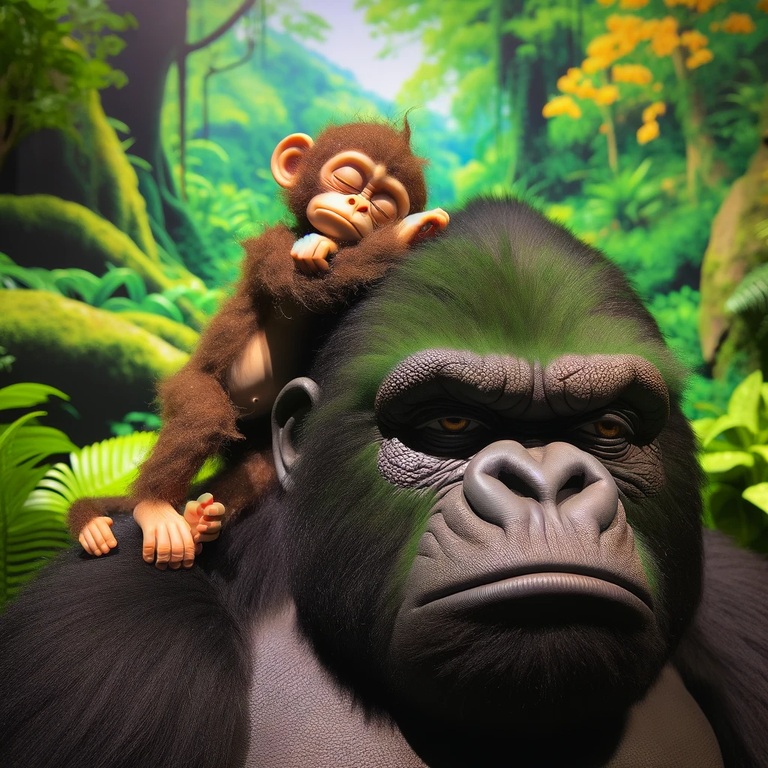
The Benefits of Sleep for Adaptability
Sleep helps us in many ways. It enables us to save energy when the environment around us is less than ideal. Moreover, sleep enchances our ability to remember things. It additionally fortifies the safe framework. All these components demonstrate that rest is important for endurance. Rest helps living entities to adjust to new conditions. Sleep isn't simply relaxing - it truly assists creatures with changing after some time to live all the more effectively.
The Impact of Environmental Factors on the Evolution of Sleep
The way animals sleep has changed a lot through in response to the surrounding environment. One example is how sleep adapted to day and night, making the circadian rhythms. These patterns help ensure animals rest when it's dangerous for them outside. For example, nocturnal animals hide in the day so predators don't get them. Syncing sleep to environmental cues highlights the versatility of sleep. It highlights the critical role of sleep in species' enduring survival and success over time.
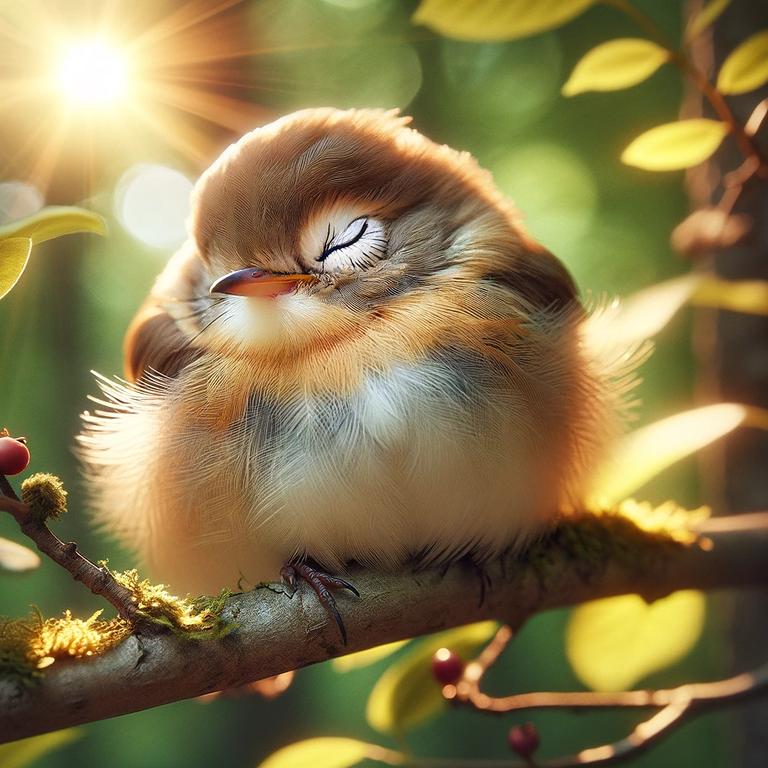
The Phenomenon of Animals' Unihemispheric Sleep
Split-brain sleep is an amazing way some animals rest. Dolphins and some birds can sleep with one half of their brain at a time. This lets them stay aware in case of danger, keep breathing if they live in water, and navigate long trips. Unihemispheric sleep proves how sleep can change to fit particular situations in nature. It keeps animals safe and vital things working even when part of their brain relaxes. Nature finds clever ways to help creatures rest while lowering risks.
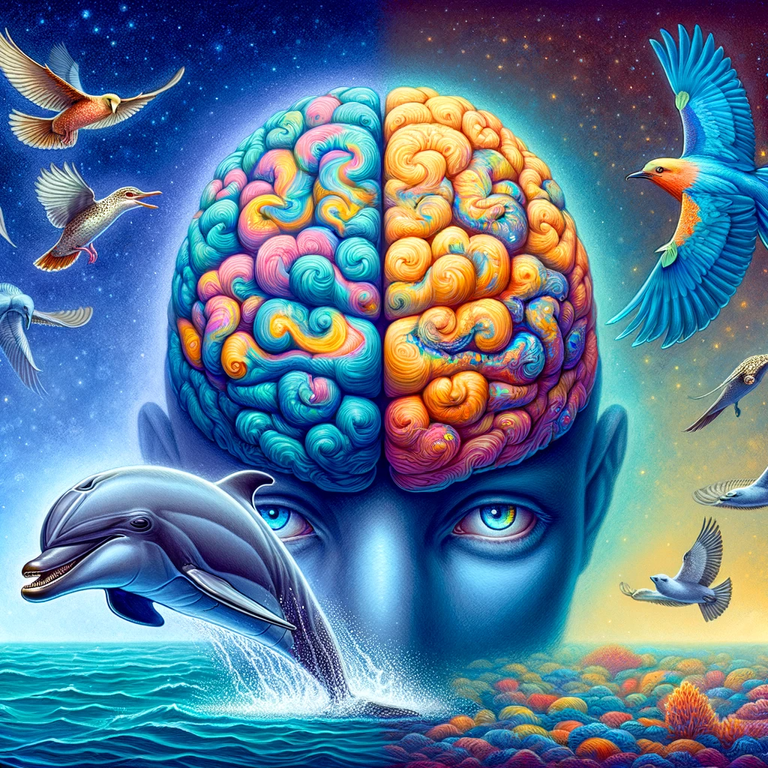
Uncovering the Sleeping Habits of Our Ancestors
Studying how mammals and reptiles from long ago slept tells us about how sleep changed over time. The early animals slept in many short periods instead of one long one like we do now. This shows that sleep can adjust to fit different ways of living and places. Finding out how these old creatures slept is like digging up a treasure from the past. Each new fact we learn adds more to what we know about how sleep has changed for thousands of years. It shows that sleep keeps changing to work with how life changes on our planet.

Aligning with Your Body's Natural Clock:
Sleep patterns changing along with natural daily rhythms shows how important it is. This timing makes sure living things rest when needed based on day or night. It helps use energy in the best way and increases the chance to live. Creatures follow this natural beat, matching Earth's spin. It keeps them working with what's around them. The complex way sleep and daily patterns fit shows how biology works with what nature provides perfectly. This delicate link between living things and their place is important for surviving over time.
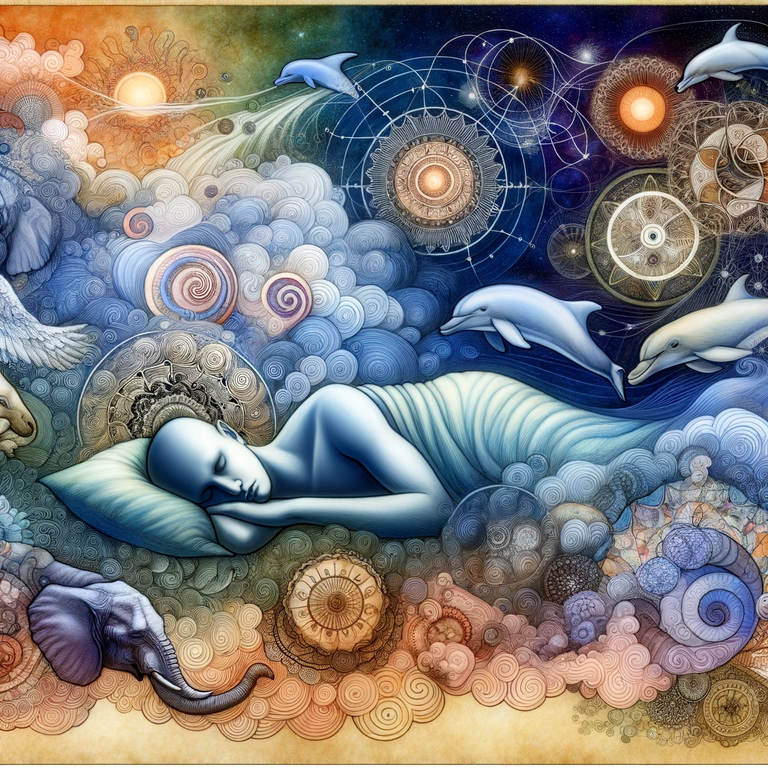
Conclusion: Evolutionary Significance of Sleep
Sleep began simply in early life but grew more varied in advanced kinds. It started as brief rests in single cells long ago and developed into different patterns now in complex beings. This march of slumber highlights its essential role in how living things survive and change over time on Earth. This emphasizes sleep as a basic part of how the body works, deeply set and constantly changing with evolutionary steps. Knowing sleep's path of evolution provides an understanding of its must-have functions, from saving energy to brain work, and points to its importance as a foundation of life. The tale of how sleep evolved over time is proof of its worldwide significance across all of life, a key thing in the complex dance of surviving and fitting in with nature.
Congratulations @aboutcoolscience! You have completed the following achievement on the Hive blockchain And have been rewarded with New badge(s)
Your next target is to reach 200 posts.
You can view your badges on your board and compare yourself to others in the Ranking
If you no longer want to receive notifications, reply to this comment with the word
STOPTo support your work, I also upvoted your post!
As simple as it may sound to sleep, it is a necessity that must not be avoided at all as it has a strong impact on health.
Sleep is important in our circadian cycle. Bad sleeping doesn't affect only in our work, but also more impact in getting sick.
Want to Know more about Hivepakistan?
Ping Us On Hive Pakistan Discord server
To support HivePakistan, delegate Hive Power to hivepakistan and earn 90% curation reward :)
Here are some handy links for delegation
A delegation of 500 or more HP makes you earn Hivepakistan supporter badge.
It makes you wonder: Who dreamt up this concept called "sleep"?
Put differently: Which came first? The dream or the nap?
!BEER
Posted using STEMGeeks
good question
Thanks for your contribution to the STEMsocial community. Feel free to join us on discord to get to know the rest of us!
Please consider delegating to the @stemsocial account (85% of the curation rewards are returned).
You may also include @stemsocial as a beneficiary of the rewards of this post to get a stronger support.